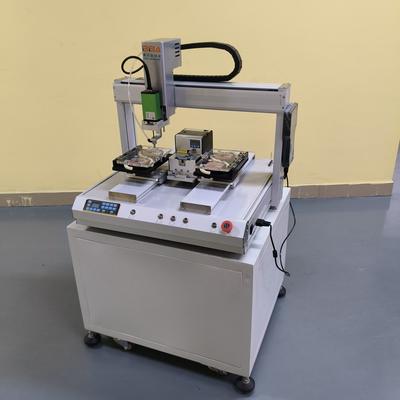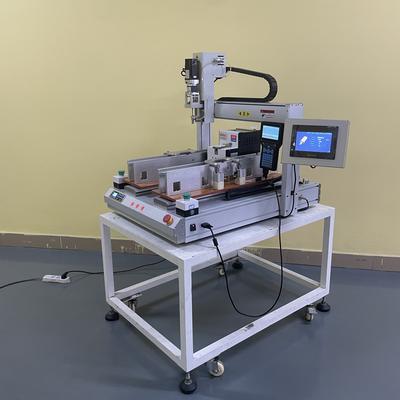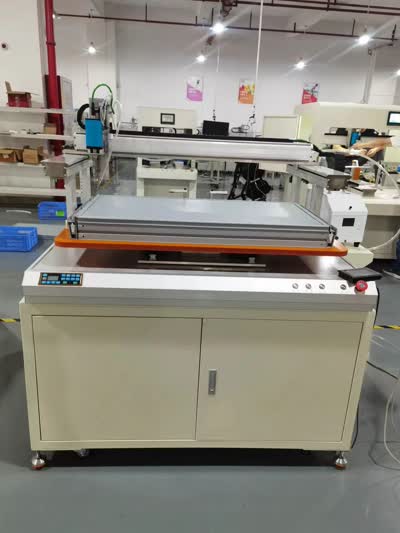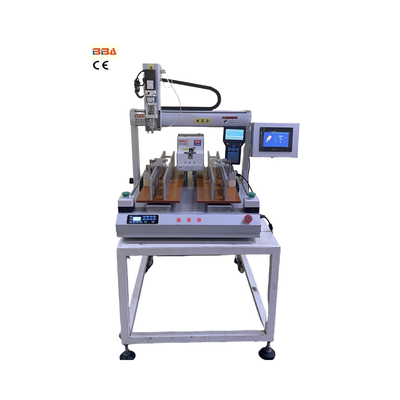Servo Motor Screw Driving: Precision & Efficiency in Automation | Industrial Applications
| Product Name | Applicable industries |
| Dual Head Screwdriver | LED Lighting Industry |
In the rapidly evolving world of industrial automation, precision, efficiency, and reliability are paramount. One of the critical components driving these advancements is the servo motor screw driving system. But why should manufacturers consider using servo motors for screw driving in automated assembly processes? This article explores the key benefits and applications of servo motor screw driving, shedding light on its growing importance in modern production lines.
1. Unmatched Precision and Accuracy
Servo motors offer exceptional precision in screw driving applications, ensuring consistent torque and angular control. Unlike traditional pneumatic or clutch-based systems, servo motors provide real-time feedback, allowing for adjustments during operation. This eliminates the risk of over-tightening or under-tightening screws, reducing defects and improving product quality.
2. Enhanced Flexibility and Programmability
Automated assembly lines often require adaptability to accommodate different screw types, sizes, and materials. Servo motor screw driving systems can be easily programmed to adjust torque, speed, and rotation angle for various tasks. This flexibility makes them ideal for high-mix, low-volume production environments where frequent changeovers are necessary.
3. Improved Energy Efficiency
Servo motors consume energy only when actively performing a task, unlike pneumatic systems that rely on continuous air pressure. This on-demand energy usage reduces overall power consumption, lowering operational costs and contributing to sustainable manufacturing practices.
4. Reduced Maintenance Requirements
With fewer moving parts and no reliance on compressed air, servo motor screw drivers require minimal maintenance compared to pneumatic alternatives. The absence of air leaks or hose wear further enhances their reliability, ensuring longer service life and reduced downtime.
5. Seamless Integration with Automation Systems
Servo motor screw driving systems can be seamlessly integrated into existing automation setups, including robotics and conveyor systems. Their compatibility with industrial communication protocols enables real-time monitoring and data collection, facilitating predictive maintenance and process optimization.
6. Applications Across Industries
From automotive manufacturing to electronics assembly, servo motor screw driving is revolutionizing multiple sectors. Its ability to handle delicate components in medical device production or high-speed requirements in consumer electronics makes it a versatile solution for diverse industrial applications.
As automated assembly continues to advance, servo motor screw driving stands out as a superior choice for manufacturers seeking precision, efficiency, and reliability. By adopting this technology, companies can future-proof their production lines while achieving higher quality standards and operational cost savings.



